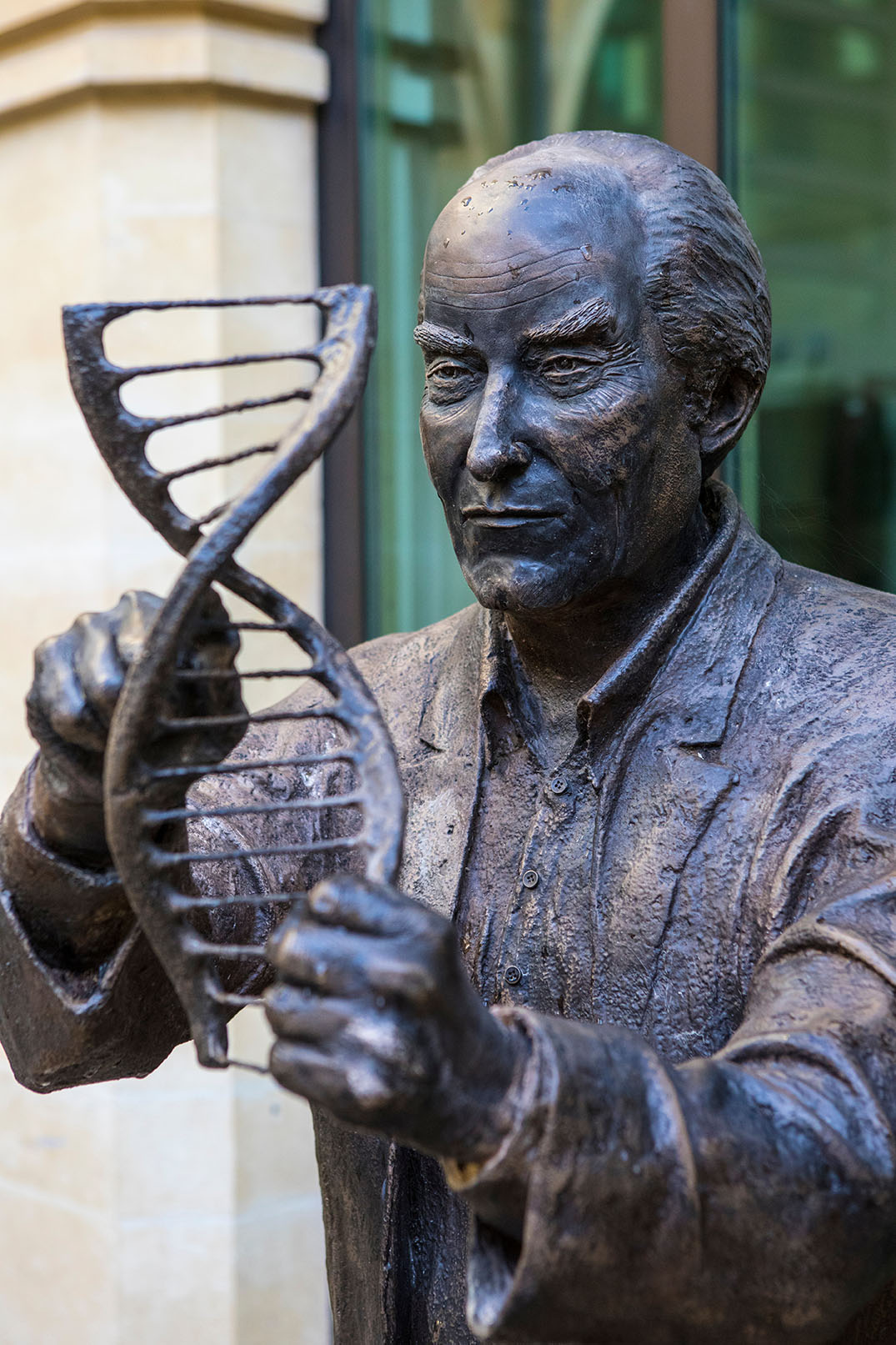

Francis Crick was a British molecular biologist who, along with James Watson, discovered the structure of DNA. DNA is the genetic material that makes up all living things. Crick's discovery was a major breakthrough in biology and helped to explain how genes work.
Crick was born in Northampton, England, in 1916. He studied physics at the University of Cambridge and then went on to do research in molecular biology. In 1953, he and Watson published their famous paper in the journal Nature, which described the double helix structure of DNA.
Crick's work on DNA led to many other important discoveries in biology. He helped to show how DNA is replicated and how it is transcribed into RNA. He also helped to develop the theory of the genetic code.
Crick was a brilliant scientist and a gifted communicator. He was able to explain complex scientific concepts in a way that was easy to understand. He was also a great advocate for science education.
Francis Crick was a brilliant scientist who made a major contribution to our understanding of DNA.

There are no other forms of the word "Francis Crick". It is a proper noun, which means that it is the name of a specific person. Proper nouns are not capitalised unless they start a sentence or are used in a title.
The name "Francis Crick" is of English origin. The first element, "Francis", is a common given name that means "free man". The second element, "Crick", is a surname that is derived from the Old English word "cric", which means "ditch" or "trench".
What is Francis Crick famous for?